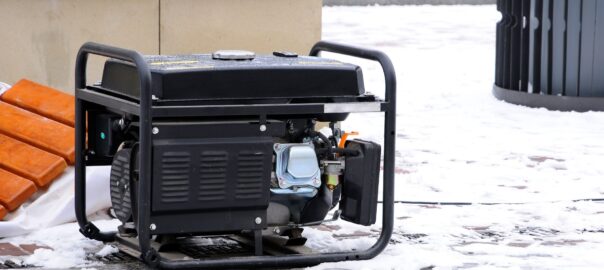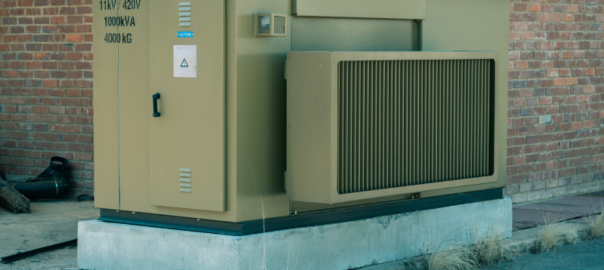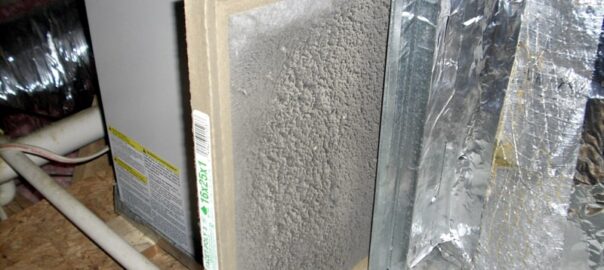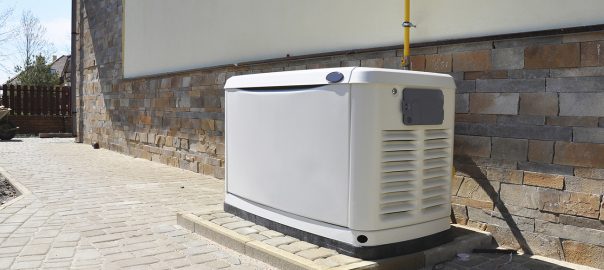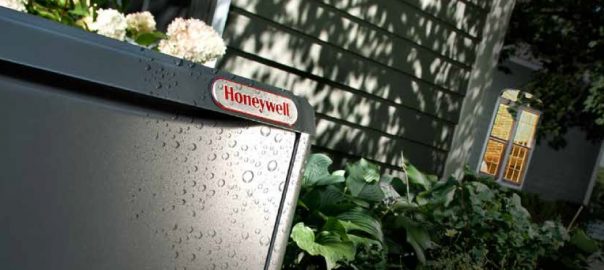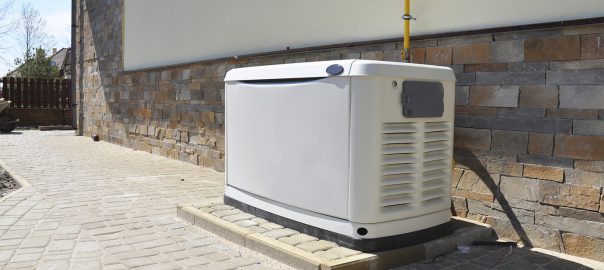Severe storms and other weather events threaten our home comforts. An unprotected home could go without electricity for hours, days, or sometimes weeks. Nevertheless, many homeowners fail to consider installing a backup generator, let alone investigate the different types or the necessary power capacity. So, secure your home and family from power outages by hiring the technicians at R.A. Dobson for standby generator installation and expert product guidance.
R.A. Dobson proudly provides generator installation and repair services to our clients in Loudoun County, VA. We’re a second-generation, family-run company, so we empathize with our customers and their concerns. We strive to provide home systems you can trust, especially in emergencies. For a professional evaluation and $250 0ff your installation, contact us today at (703) 481-3700.
Below, we review what you should know before installing a generator:
Portable vs. Standby Generators
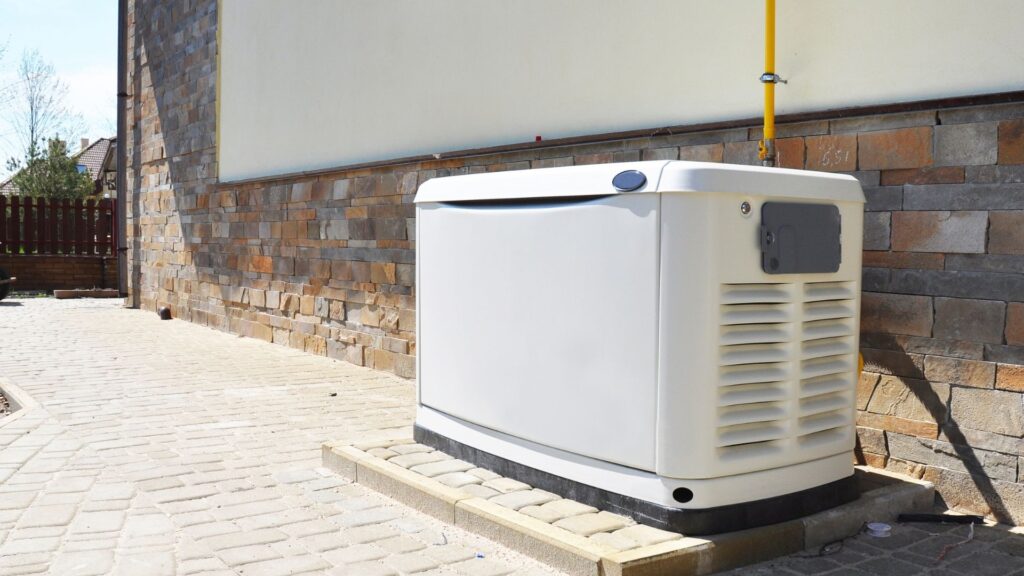
Relying on a portable generator for backup home power creates a few problems. First, they can pose a risk of carbon monoxide poisoning when placed in or close to a house, as well as an electrical and tripping hazard if they need extension cords.
Additionally, portable generators have much less run-time capability than standby generators. Though portable models may provide home power for short spells, their small fuel capacity means they must be refueled quite often.
But standby generators can link to large fuel containers/natural gas lines, be wired to your home, and activate automatically during an outage. Moreover, they provide the energy and fuel capacity necessary to power your home without the safety hazards associated with portable models.
Choosing the Right Power Capacity
The right power capacity for your standby generator depends on the size of your home and the extent of your needs. A standard whole-house generator produces between 20-22 kW, which supplies the power required by heating and air conditioning units. However, if you only want to keep your refrigerator and a few lights on, a 5-10 kW generator could fulfill your needs. A professional evaluation can determine which standby generator would work for your home.
Selecting a Fuel Type
You should consider your fuel options as well, including:
- Natural Gas: Both clean and accessible during most weather conditions and emergencies, natural gas fulfills the reliability needed for a backup generator.
- Propane (LP Gas): Safe, stable, and easy to store in large quantities, propane is usually accessible and supplied by a local delivery service. Although propane doesn’t contain as much energy capacity as diesel, it’s still a great option for a standby generator.
- Diesel: Having low volatility and high energy content, diesel is a popular choice for commercial properties. Although it often requires an external tank, diesel is a viable option if you lack access to natural gas or propane.
If you’re still unsure, an expert can help you determine the best fuel type and generator for your home.
R.A. Dobson: Professional Generator Installation in Loudoun County, Virginia
Turn to the professionals at R.A. Dobson for generator installation services in Loudoun County, Virginia. We select our products carefully and respect all warranties. When our technicians install your standby generator, you can trust it to protect you and your family in emergencies. For a standby generator from a trustworthy service provider, visit our website or call (703) 481-3700 today.

